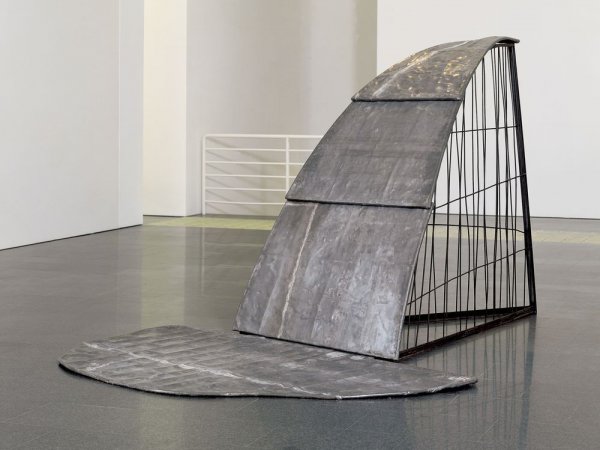
We have reached number 100 The MACBA Collection… week by week
In May 2020, after a lockdown that had kept us all at home, the MACBA Collection celebrated its reopening with Collectables, an open series that, week by week, invites us to share one of the works in the Collection.
While the first one featured the happy psychedelic culture of Sture Johannesson, subsequent examples have focused on identity and diversity, the city and unnecessary borders, feminism and ecology, possible revolutions and desirable museums. A desire to make the Collection more permeable and emphasise its vitality has guided our selection. We have focused on some of the Museum’s discursive guidelines, its temporary exhibitions, the rehanging of the permanent Collection, loans and works on tour, new acquisitions, MACBA works in the city’s public arena, the occasional farewell to some significant artist in the Collection and last but not least, whatever is happening and marking everyday life. Because, as we said at the beginning, sometimes art anticipates life.
Most viewed

I want a dyke for president
Zoe Leonard: speaking up as a vital and powerful political act
‘I want a dyke for president. I want a person with AIDS for president and I want a fag for vice president and I want someone with no health insurance…’. One of MACBA’s latest acquisitions is Zoe Leonard’s most famous work, a poem that is a cry for social justice.

What interests me is what I call ‘small memory’
Boltanski’s tribute to the dead
‘What interests me, and what I try to talk about, is what I call “small memory”. This is what differentiates us one from another. The great memory can be found in history books, but the hoard of small bits of knowledge that each one of us has accumulated makes up what we are.’ Christian Boltanski, 1996

25 years ago
These were the first female artists to exhibit at MACBA
In November 1995, MACBA held its first exhibition: Fonds for a Collection. It featured the Museum’s new Collection, with a comprehensive selection of works from the different avantgardes, covering the 1930s to the 1990s.

Guerrilla Girls: When Art is the Question
Guerrilla Communication
In the eighties, the Guerrilla Girls decided to incorporate new strategies to the feminism of the seventies, such as humour and stridence, wit and laughter.

‘I can’t separate my art from my life’
Felix Gonzalez-Torres, emblematic artist in the fight against AIDS
Felix Gonzalez-Torres, one of the most committed artists in the fight against AIDS during the eighties and nineties, couldn’t conceive of the practice of art being separate from life and social activism.



